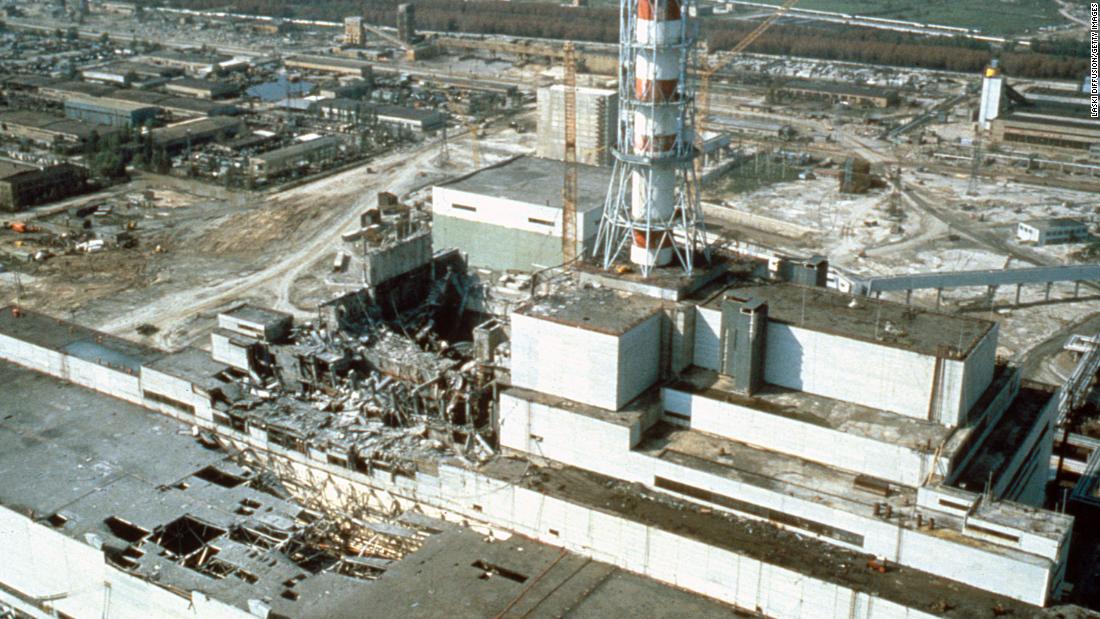
The 1986 reactor explosion at the Chernobyl nuclear power plant forced a region-wide evacuation, sending radioactive fallout billowing across Europe.
While the explosion itself killed 31 people, millions were exposed to dangerous radiation levels, and estimates of the final death toll from long-term health problems are as high as 200,000.
Hoping to better understand the effect of radiation exposure from the disaster, a team of scientists at the US National Cancer Institute (NCI) in Maryland studied 130 children born to 105 mother-father pairs, where at least one parent had been exposed to gonadal -- reproductive gland -- radiation, having worked as radiation cleanup workers or been evacuees from contaminated areas.
The team, led by Meredith Yeager, screened the genomes of the children, born between 1987 and 2002, and who were conceived after the accident -- and did not find an increase in new genetic mutations in those studied, they said in a paper published in the journal Science.
Each parent was studied for exposure to ionizing radiation, either from their work in the clean-up or from environmental exposure. Parents in the study had experienced varying radiation doses.
Researchers studied the genomes of the children for an increase in inherited genetic changes, known as de novo mutations. These changes randomly arise in a parent's sperm and eggs; although they are not observed in the parent's genomes, they can be passed to their children.
The team found no evidence of an increase in the number of these mutations in children born between 46 weeks and 15 years after the accident when compared with the wider population, and noted that the characteristics of de novo mutations found in the children were similar to those in the general population.
Researchers said their findings suggest that exposure to ionizing radiation had minimal impact on the health of the next generation.
The study "does not provide support for a transgenerational effect of ionizing radiation on germline DNA in humans," they concluded.
"We view these results as very reassuring for people who were living in Fukushima at the time of the accident in 2011," Stephen J. Chanock, director of NCI's Division of Cancer Epidemiology and Genetics, said in a statement. "The radiation doses in Japan are known to have been lower than those recorded at Chernobyl."
Gerry Thomas, director of the Chernobyl Tissue Bank and Professor of Molecular Pathology at Imperial College London, told CNN that the study "uses modern technology to answer the question: 'If I am exposed to higher than background levels of radiation and then go on to have children, will my children be affected by my exposure?'
"The answer from this study is no -- there is no evidence that radiation exposure to a parent results in defects at the level of DNA in the child," Thomas, who was not involved with the study, said.
"There are many people in the Chernobyl area and in Fukushima that are concerned about having children after they have been exposed to radiation from these accidents," she said, adding: "This paper should put their minds at rest -- there is no risk of their exposure causing a problem for their children."
Japan's worst nuclear disaster was in 2011, caused when an earthquake-triggered tsunami struck the Fukushima Daiichi plant.
https://ift.tt/3gHrFVg
Health
Bagikan Berita Ini














0 Response to "Chernobyl radiation effects have not been passed on to next generation, study finds - CNN"
Post a Comment